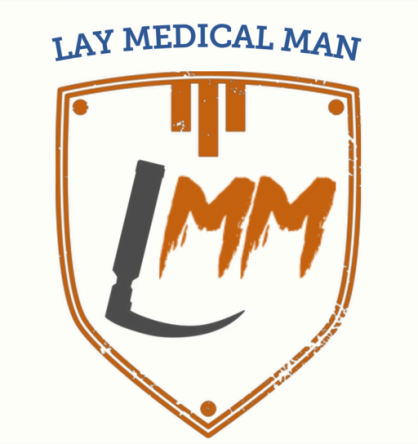Welcome dear doctor. Thanks for joining our world!

These are my suggestions ⬇️ (Opinions may vary) for you at such a crucial time point in your career. Remember first impression is the best impression. Make your first impression about the specialty better.
1. Knowing this specialty consists of learning the principles of almost all surgical specialties, learning core pathophysiology, most of the pharmacology, learning about relevant equipments and machines, learning to give importance to the primary reason which forced the patient to come to you, learning to sync with your senior and junior colleagues, teachers, technicians and surgeons, learning from experience (mistakes) and learning to send back the patient happily, first out of the theatre and then out of the ICU. Doing procedures alone will not make you a good anesthesiologist; you should gain expertise in the overall management. Also read what you see.
2. On weekends take google scholar and type the name of any anesthesia drugs or equipments or a procedure ( e.g. spinal anesthesia) or a subspeciality ( e.g. obstetric, urology) name; you will get titles and abstracts of lots of articles. Pick one interesting title and search it in Sci Hub. You will get the full article. If it’s a review article, learn the content; if it’s a study, look at their methodology, think how you can design a similar study, what they found out, discussion part etc. This habit (especially reading studies) will impart a wisdom in selecting your thesis topic. Do it frequently and understand how people are doing research. For texts: see below

3. Read Critical Care, Pain, Neuroanaesthesia and Cardiac Anesthesia articles all through your course and test whether you have any interest in any of these. This will help you later in deciding on further sub specialisation, if needed.
4. Plan to write EDAIC exam after passing out your MD. Please read Fundamentals of Anesthesia by Colin Smith and Tim Pinnock, for this purpose, if time allows. This is one ‘intervention’ which can change your future in Anesthesiology.
5. Always make a habit of reading what you have done each day; even if it’s for 10 minutes, it’s okay. But read everyday. I will discount further. 5 minutes is enough, but don’t break this habit!!!
6. Morgan (full)+ selected chapters from Miller will be a good choice in gaining knowledge and performing well in exams.
7. Don’t try to read from Chapter 1 of any book; read the area whichever you like/ want.
8. It’s definitely a very good specialty. Learn to deal properly with your colleagues, teachers, surgeons and most importantly to the patient. This will passively decide where you reach finally.
9. Keep folders (either physical/ on your computer) with folder names ( e.g. Urology Anesthesia , Airway , Central Neuraxial Blockade etc) and keep everything in an orderly fashion so that you can access the same article which you have read in first year, before final exam also. Add related articles to the same folder.
